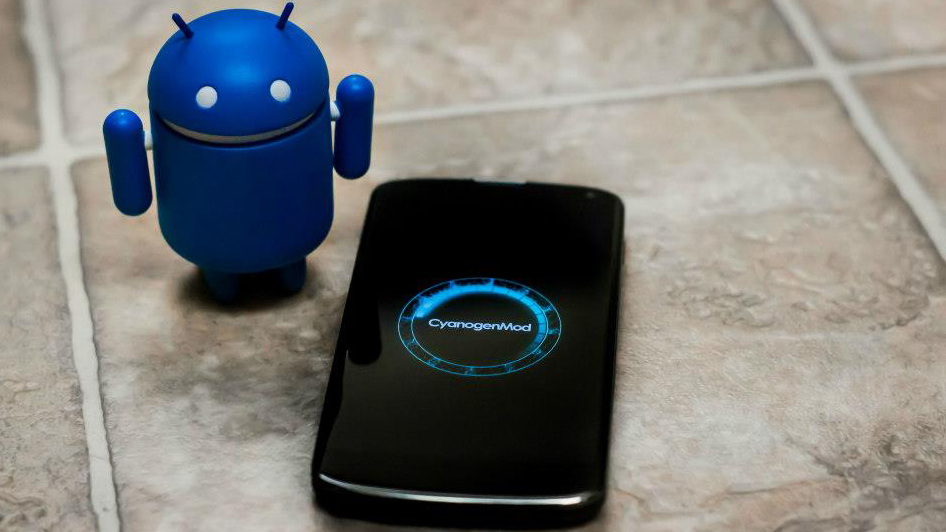Apparently, Google tried to buy Cyanogen
Google wanted to buy the world's most popular Android ROM, but the creators said no

The creators of CyanogenMod, a customised open source mobile operating system based on Android, has rebuffed the advances of Android's creator, Google.
Although Cyanogen Inc hasn't actually created any consumer products or generated any real revenue, it has managed to acquire a $1 billion valuation, and is seeking additional funding.
The high valuation of Cyanogen is in part based on the popularity of CyanogenMod, as well as a number of partnerships with smartphone manufacturers such as Oppo and OnePlus, which has seen CyanogenMod replace stock Android as the mobile operating system for a number of devices, especially in emerging markets.
Catching Google's eye
According to The Information, Cyanogen Inc has also struck up a deal with Indian phone manufacturer Micromax to release a CyanogenMod-powered handset this year.
CyanogenMod's success in emerging markets such as India have likely caught Google's eye, along with the fact that Google has recently partnered with Micromax for it's Android One initiative, which aims to bring Android-powered smartphones to developing countries.
Of course, these countries are the very markets that CyanogenMod has done so well in. It comes as little surprise then that Sundar Pichai, senior vice president at Google, has expressed interest in acquiring Cyanogen and incorporating it into Google's Android group.
What's perhaps more surprising is that Cyanogen Inc apparently turned down Google's advances, and is instead using the offer to gain increased funding elsewhere.
Get daily insight, inspiration and deals in your inbox
Sign up for breaking news, reviews, opinion, top tech deals, and more.
It's a risky strategy, especially for a company which has yet to make any profit, but you never know - it might pay off.

Matt is TechRadar's Managing Editor for Core Tech, looking after computing and mobile technology. Having written for a number of publications such as PC Plus, PC Format, T3 and Linux Format, there's no aspect of technology that Matt isn't passionate about, especially computing and PC gaming. He’s personally reviewed and used most of the laptops in our best laptops guide - and since joining TechRadar in 2014, he's reviewed over 250 laptops and computing accessories personally.